South Korean armoured vehicle ‘performed better’ than German rival, offers more local content
The Redback infantry fighting vehicle performed better than its German rival and will be purchased for the Australian Army.
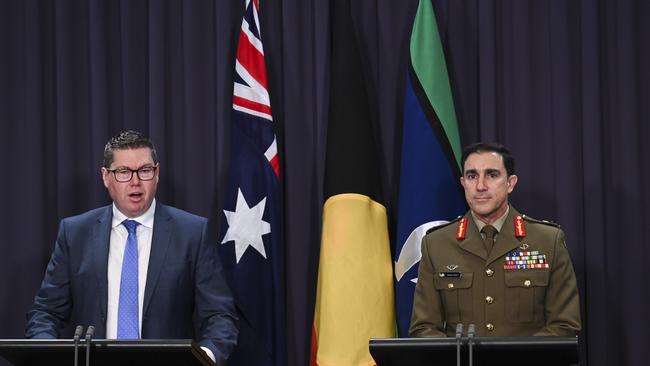
South Korea’s Redback infantry fighting vehicle will be purchased for the Australian Army after it performed better in testing than its German rival, Industry Minister Pat Conroy has declared.
It’s understood the cost of the tenders was comparable, but a well-placed source said the bid by South Korea’s Hanwha Defence included a higher level of Australian content – about 60 per cent – than Germany’s Rheinmetall.
Mr Conroy confirmed on Thursday morning that Hanwha had won the contract to supply 129 of the tanklike vehicles over Germany’s Rheinmetall, in the nation’s biggest military equipment deal with an Asian supplier.
“It was Defence’s recommendation that the Hanwha Redback vehicle best met Australia‘s requirements,” he said.
“This decision was made purely and solely on the capability of the vehicles offered and value for money.”
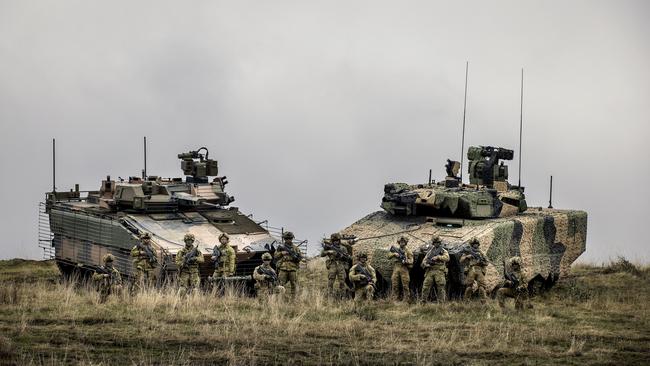
The decision is set to strengthen Australia’s defence relationship with key regional partner South Korea but threatens to up-end a pledge by Rheinmetall to export at least $1bn of its Brisbane-made Boxer vehicles back to the German Army.
Mr Conroy said he was still “very hopeful” the Rheinmetall export plan would become reality, but a source close to the company warned it was now likely to evaporate, forcing the closure of the company’s Queensland plant by 2026 with the loss of thousands of jobs.
The Minister said the selection of Hanwha’s Redback would “support thousands of well-paid jobs” in Victoria’s Geelong region and across Australia.
Hanwha’s factory, where it has already produced self-propelled howitzers for the army, is in Defence Minister Richard Marles’ electorate of Corio.
But Mr Conroy said Mr Marles had recused himself from the selection process and “was not part of any stage of the decision making for this”.
Chief of Army Lieutenant General Simon Stuart confirmed the testers had preferred the Redback over Rheinmetall’s Lynx.
“At the end of the day, our recommendation to government was that the Redback best met the full set of requirements,” he said.
Mr Conroy said the contract would be worth between $5bn and $7bn. The cost includes sustainment, plus a supply-only price of more than $2bn.
The Australian understands Rheinmetall was told its Lynx vehicle had a “fundamental vibration issue”. The issue was linked to the vehicles all-metal tracks, which were said to have made several testers ill.
The company sought late in the process to introduce a composite track, like that used by Hanwha. But Defence refused to retest the vehicles or accept fresh performance data.
The tender, designed by Defence as “Land 400 phase 3”, was originally for up to 450 of the futuristic infantry fighting vehicles, but the order was dramatically cut back in the defence strategic review unveiled in April.
Lieutenant General Stuart said the tracked vehicles were “the final piece of the puzzle” in the army’s “combined arms fighting system”.
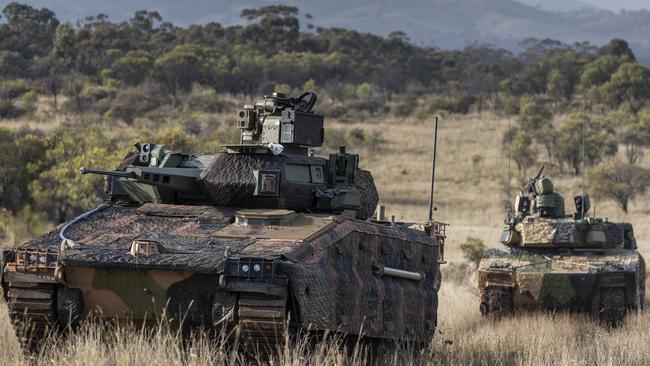
He declined to say whether the army would need more of the vehicles in the future, saying only that they were a vast improvement on the Vietnam-war era M113s that the army currently relies on.
“It‘s important to note that this isn’t a like-for-like replacement. We’re replacing a 1960s technology with a 21st century technology.
“It better prospects out people, importantly; it is more lethal; it is certainly far more connected and has a much greater range and sphere of influence.”
The decision will go down badly in Germany and wider Europe, where Australia is trying to seal a free trade deal amid stiff opposition.
It follows the Morrison government’s cancellation of France‘s Attack-class submarines contract in favour of nuclear boats.
Anthony Albanese announced Rheinmetall’s pledge to export 100 Boxers to Germany during his trip to Berlin earlier this month at the invitation of German Chancellor Olaf Scholz.
“This will be one of our largest ever exports, it will guarantee the 1000 jobs there in Queensland will go into the future and it’s worth in excess of $1bn to the Australian economy,” he said at the time.
Mr Conroy said Australia considered the export plan “a separate matter” to the decision on the infantry fighting vehicle contract, known in Defence circles as “Land 400 Phase 3”.
“We’re very hopeful that that will continue,” he said.
The Minister said he expected Rheinmetall would be disappointed, but there was a “tonne of work” at the company’s Brisbane plant building Boxer combat reconnaissance vehicles, and its Multi Ammunition Softkill System for the Australian Navy.
“I understand that disappointment, but this is a decision based on the strongest possible recommendation from Defence and the strongest possible benefit for the Australian Defence Force,” he said.
Mr Conroy said Australia had “a very strong relationship with European defence companies”, and the contract was won in a normal competitive process.
He said the deal “has the potential to deepen our relationship with the Republic of Korea, and that’s a good thing”.
He said Hanwha had indicated it saw significant export potential for the Geelong-made Redback, but “that was not a factor in this decision”.



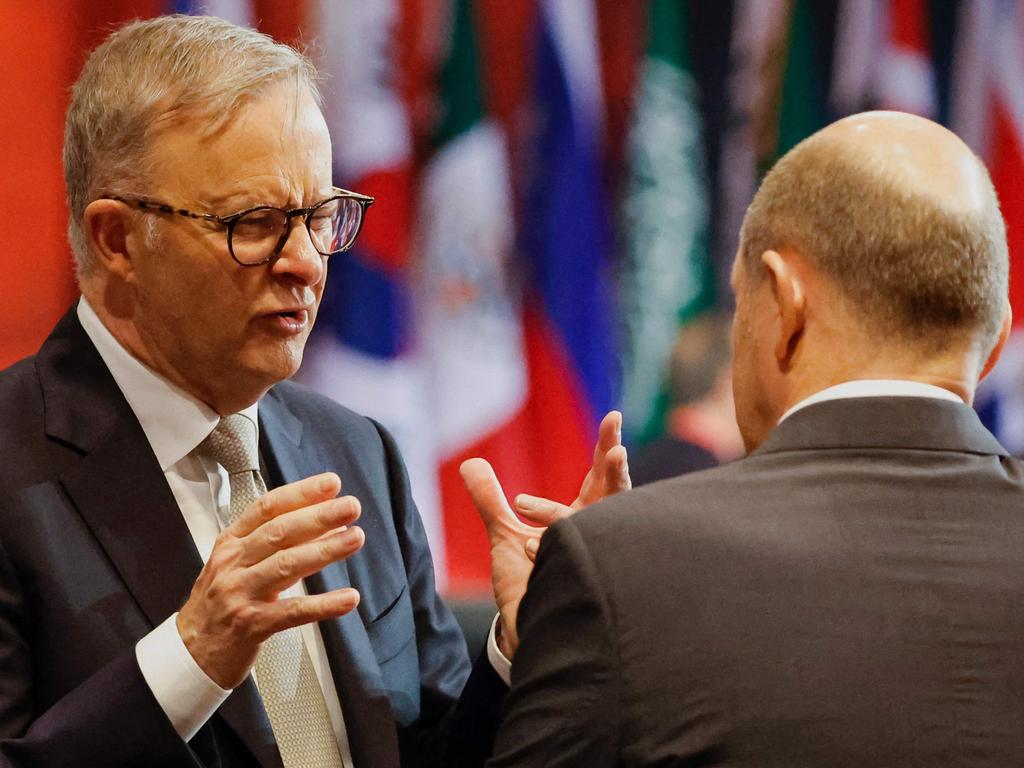

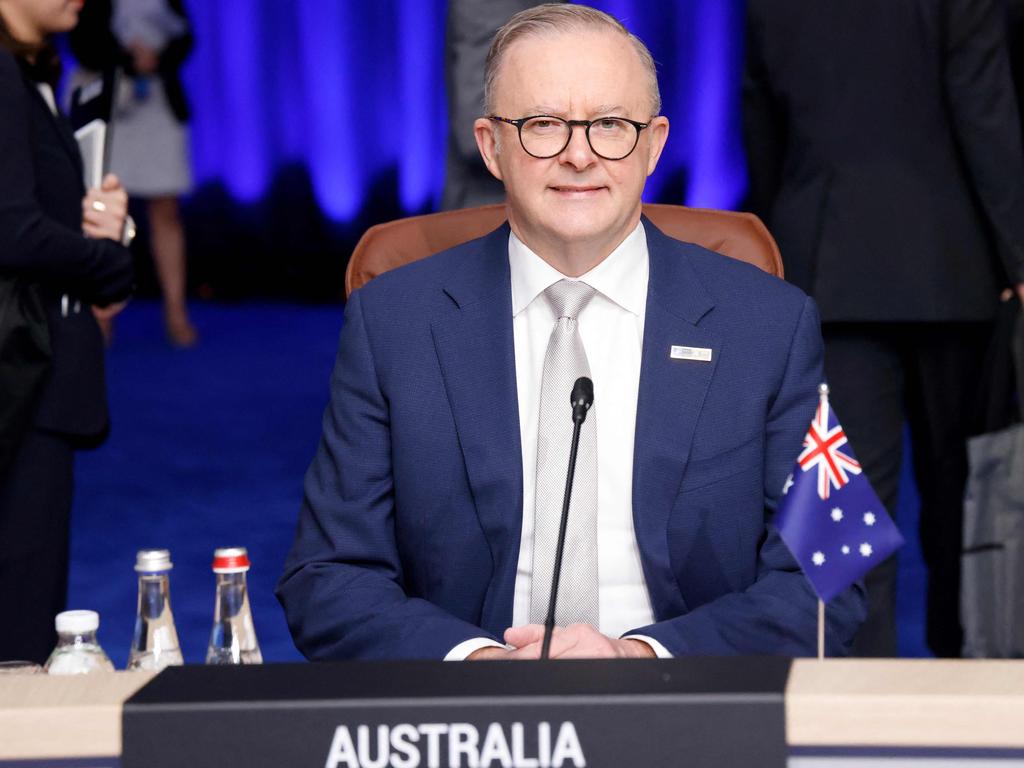


To join the conversation, please log in. Don't have an account? Register
Join the conversation, you are commenting as Logout